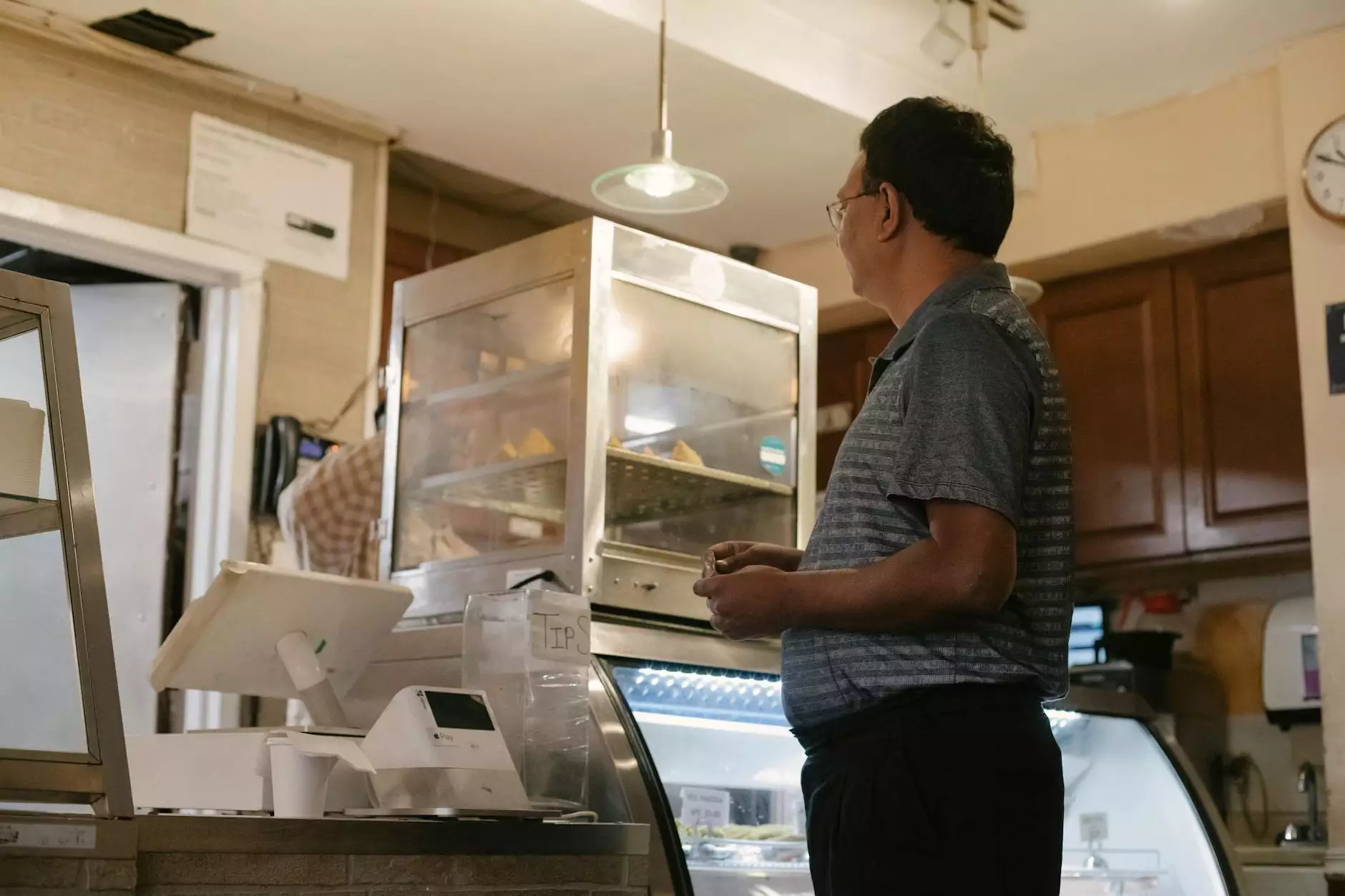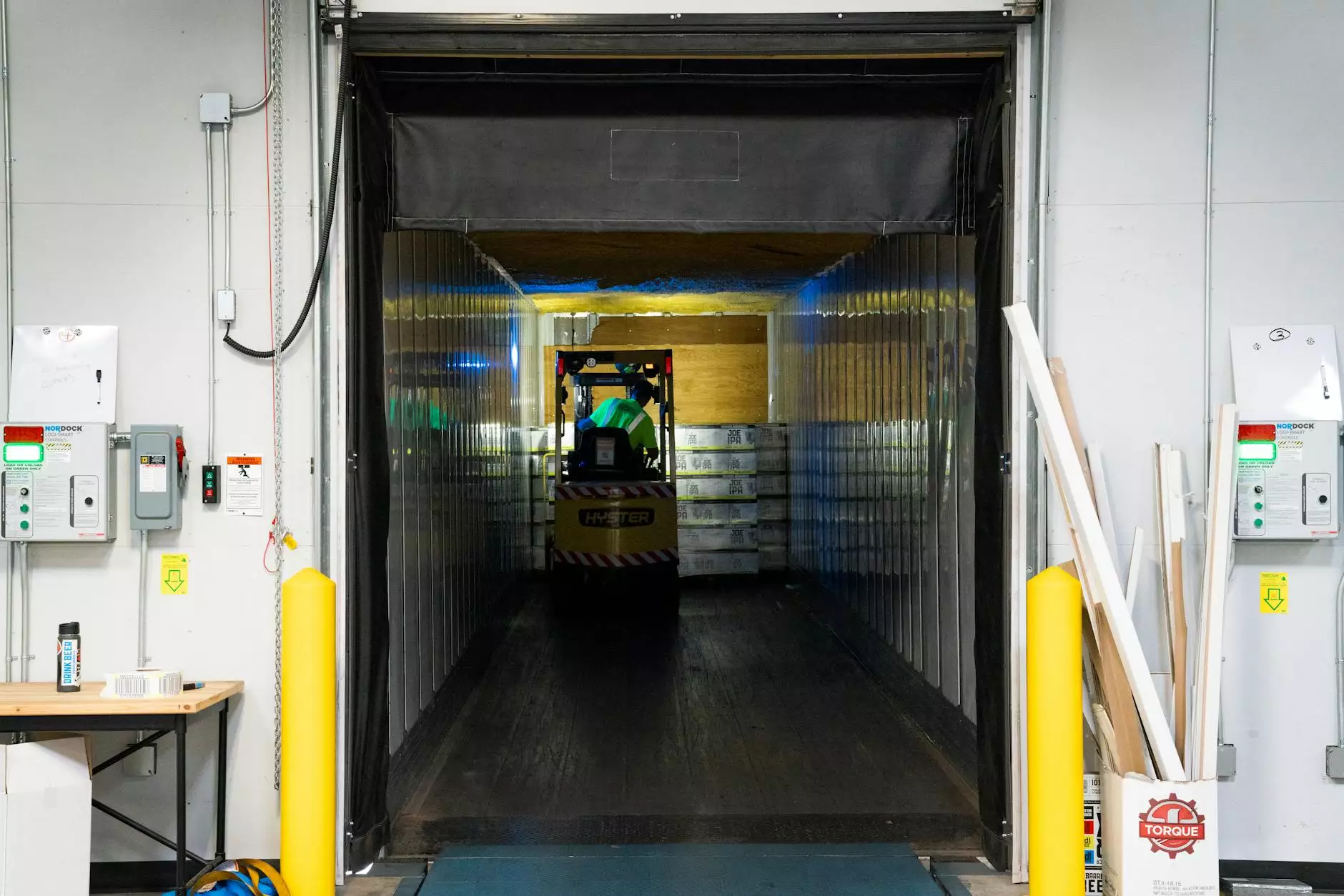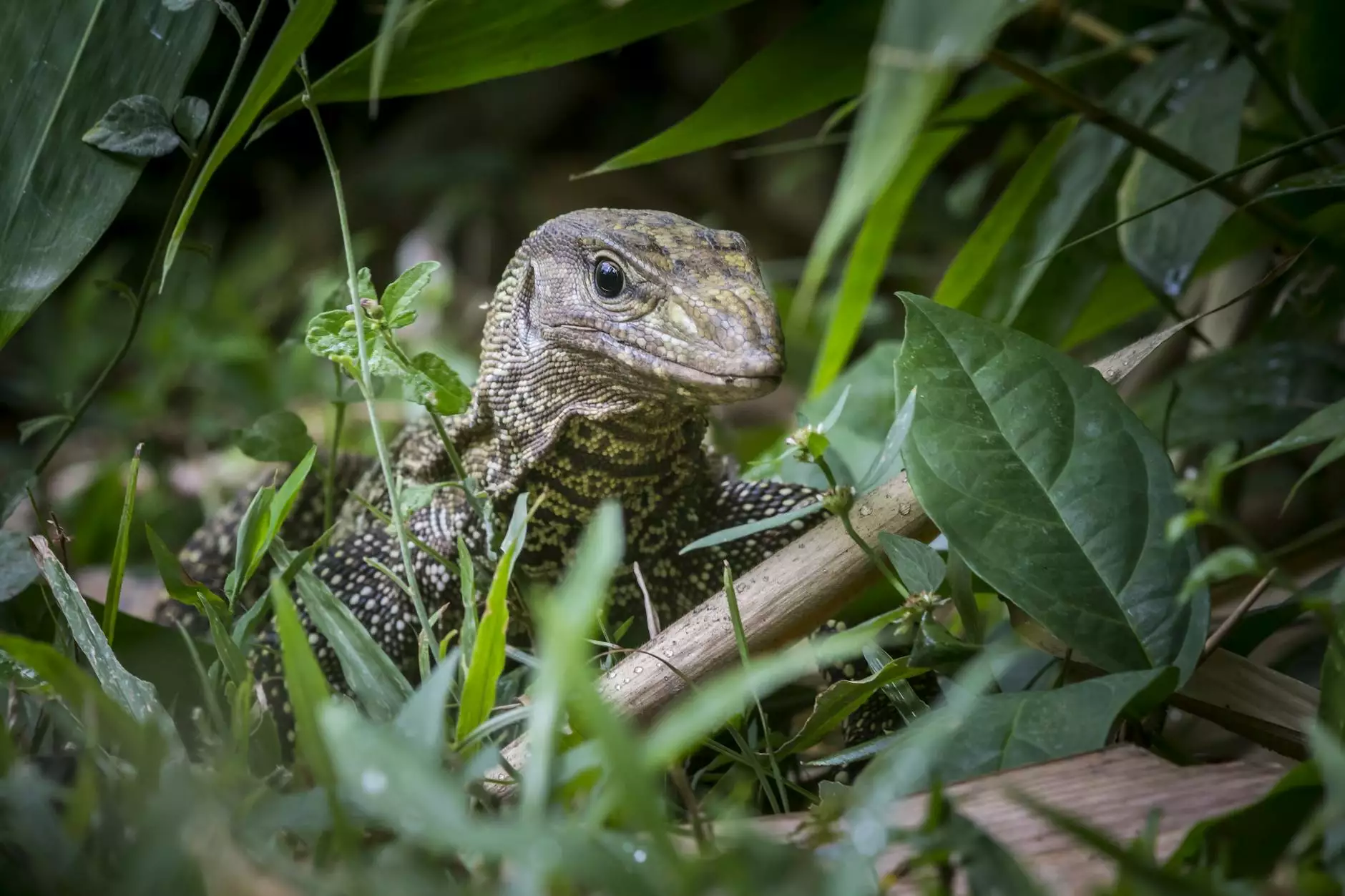Understanding Brazilian Poultry Exporters: A Comprehensive Guide

Brazilian poultry exporters play a pivotal role in the global chicken trade, offering high-quality products that meet international standards. With an ever-increasing demand for poultry worldwide, Brazil's strategic advantages, including vast agricultural lands and advanced farming techniques, position it as a leading poultry exporter. In this article, we will delve into various aspects of the Brazilian poultry sector, from production to exportation, providing insights for anyone interested in this thriving industry.
The Brazilian Poultry Industry: An Overview
The Brazilian poultry industry is one of the largest and most efficient in the world. According to the Brazilian Association of Animal Protein (ABPA), Brazil ranks among the top chicken exporters globally, competing closely with the United States. The country's expansive agricultural land and favorable climate conditions enable poultry farmers to produce a diverse range of high-quality chicken products.
Why Choose Brazilian Poultry?
There are several reasons why global markets prefer Brazilian poultry exporters. Here are some key advantages:
- Economies of Scale: Large-scale production facilities enhance efficiency and reduce costs.
- Quality Standards: Strict adherence to international quality standards ensures consumer safety and product excellence.
- Diverse Product Range: Brazilian exporters provide various chicken products, including whole chickens, chicken parts, and processed items.
- Strategic Location: Proximity to significant markets, including Europe, Asia, and the Americas, facilitates efficient shipping and logistics.
Regulatory Framework for Exporters
Exporting poultry from Brazil involves navigating a complex regulatory environment. The Brazilian government, alongside international bodies, establishes guidelines to protect consumer safety, animal welfare, and trade integrity. Compliance with these regulations is essential for successful exporting.
Key Regulations:
- Sanitary Inspections: Regular inspections by the Brazilian Ministry of Agriculture, Livestock, and Food Supply (MAPA) ensure that all poultry products meet health and safety standards.
- Certification Requirements: Exporters must obtain necessary certifications, such as the Halal certification for Muslim markets or the Kosher certification for Jewish markets.
- Traceability: Implementation of traceability systems helps track products from farm to table, enhancing transparency and consumer trust.
Market Dynamics of Brazilian Poultry Exports
The market dynamics for Brazilian poultry exports are influenced by various factors, including global demand, economic conditions, and trade agreements. In recent years, the demand for chicken has surged in regions such as Asia, Africa, and the Middle East, largely due to population growth and changing dietary preferences.
Key Export Destination Markets
Brazilian poultry exporters target several key markets around the globe:
- Asia: Countries like Japan, China, and South Korea are significant importers of Brazilian chicken, driven by increasing meat consumption.
- Middle East: The Middle Eastern nations have long been major markets for Brazilian poultry, driven by cultural preferences for halal-certified products.
- Africa: Rapid urbanization and expanding middle-class populations are boosting the demand for affordable protein sources in African countries.
- Europe: Despite certain trade barriers, European countries remain important markets for high-quality Brazilian chicken products.
Understanding Chicken in Bulk: Advantages for Importers
For those considering sourcing poultry from Brazil, understanding the benefits associated with importing chicken in bulk is crucial. Bulk purchasing allows for significant cost savings and more manageable inventory control.
Benefits of Buying Chicken in Bulk
- Cost-Effectiveness: Bulk purchases typically come with discounts, making it more economical for businesses compared to buying smaller quantities.
- Supply Consistency: Larger orders help ensure a consistent supply of products, which is especially beneficial for businesses with high-demand operations.
- Reduced Shipping Costs: Shipping larger volumes can often lead to reduced costs per unit, contributing to overall savings for importers.
- Streamlined Operations: Purchasing in bulk simplifies logistics, as businesses can plan for larger shipments, reducing the frequency of orders.
Challenges Faced by Brazilian Poultry Exporters
While the prospects for Brazilian poultry exporters are robust, they also face several challenges, which can influence their operational and export strategies.
Key Challenges:
- Global Competition: Competitors such as the United States and the European Union have well-established poultry industries that pose a significant challenge to Brazilian exporters.
- Trade Barriers: Tariffs and quotas imposed by importing countries can impact market access and profitability.
- Environmental Regulations: Increasing scrutiny of agriculture's environmental impact may lead to stricter regulations that affect production processes.
- Disease Outbreaks: Avian diseases can rapidly affect poultry production, necessitating vigilance and quick response strategies from exporters.
Technological Advances in Poultry Farming
Innovation and technology continue to transform the poultry sector in Brazil. Exporters are leveraging state-of-the-art farming techniques to enhance production efficiency and product quality.
Key Innovations:
- Genetic Selection: Utilizing advanced breeding techniques to enhance growth rates, disease resistance, and overall health of poultry.
- Automated Systems: Automation in feeding, watering, and climate control improves operational efficiency and reduces labor costs.
- Data Analytics: Incorporating data analytics for monitoring health, growth patterns, and feed efficiency helps optimize production.
- Sustainable Practices: Implementing eco-friendly practices such as waste recycling and water management improves sustainability and reduces environmental impact.
Future Trends for Brazilian Poultry Exporters
The future of Brazilian poultry exporters looks promising, driven by emerging market trends and changing consumer preferences. Understanding these trends is vital for stakeholders looking to navigate the dynamic landscape of chicken exports.
Predicted Trends:
- Increased Demand for Organic and Free-Range Options: Health-conscious consumers are driving the demand for organic and ethically sourced poultry products.
- Greater Focus on Sustainability: Environmental concerns will continue to shape production and sourcing practices, pushing exporters towards more sustainable methods.
- Adoption of Blockchain Technology: Ensuring transparency and traceability in the supply chain will become increasingly important, with blockchain technology playing a key role.
- Expansion into New Markets: As global markets evolve, Brazilian exporters will likely seek to penetrate new regions, such as Eastern Europe and Southeast Asia.
Conclusion: A Bright Future for Brazilian Poultry Exporters
In conclusion, brazilian poultry exporters are well-positioned in the global market, thanks to their commitment to quality, efficiency, and innovation. With a comprehensive understanding of market dynamics, regulatory frameworks, and emerging trends, stakeholders can seize opportunities in this vibrant industry. By prioritizing consumer preferences and embracing sustainable practices, Brazilian exporters will not only thrive in today's market but also ensure a sustainable future for poultry farming in Brazil.









